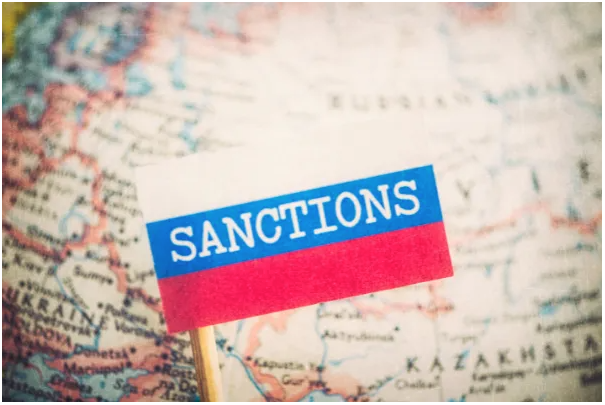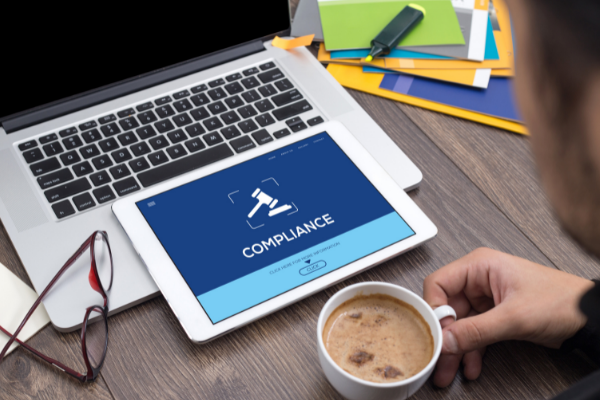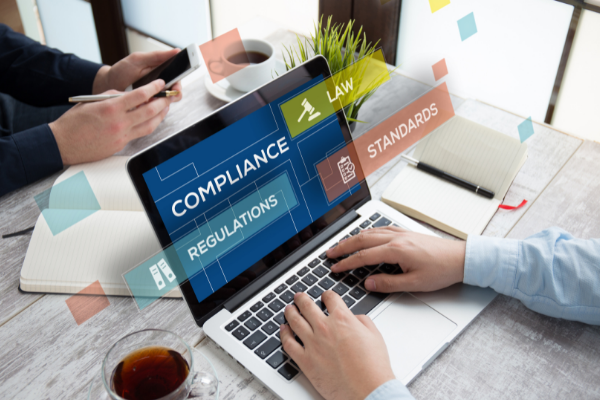BY:
SHARE:

The DBT has issued a Notice to Exporters where they advise of an update to the Russia (Sanctions) (EU Exit Regulations) 2019, following a review of the professional and business services sanctions in place under Regulation 54C of the regulation.
The government has decided to remove the licensing consideration, which relates particularly to the provision of professional and business services from UK parent companies and their UK subsidiaries to their Russian subsidiaries.
Therefore, as of October 31st, 2024, the provision of intra-corporate services will no longer be listed as a licence consideration in the Statutory Guidance that is likely to be consistent with the aims of the sanctions regime.
Discretion remains on behalf of The Secretary of State to grant licences even where no licensing consideration exists, as per Regulation 65 of the Russia (Sanctions) (EU Exit) Regulations 2019, meaning that any company that wishes to provide intra-corporate services to their Russian subsidiary must explicitly demonstrate compliance as to how the provision of any ongoing services aligns with the overarching purposes of the sanctions, as set out in Regulation 4 of the Russia sanctions Regulations.
Businesses will be able to apply for a licence using the licensing considerations for activities listed in the guidance: Link below
Russia sanctions guidance page.
Businesses are advised that this Notice will not affect licence applications submitted before October 31st, 2024.
Further information
From October 10th, 2024, the Office of Trade Sanctions Implementation (OTSI) will take on the responsibility of issuing licences for certain sanctioned activities, specifically the provision of standalone services, including professional and business services, as detailed in the Notice released on September 30th
The Export Control Joint Unit (ECJU) will remain responsible for licensing tangible goods and their ancillary services covered under the scope of the Russian Sanctions Act (services related to the export of tangible goods).
Subscribe to notices to exporters
Sign up to receive email alerts to notices to exporters.
If you are interested in exploring this topic further, you might find it worthwhile to consider the training courses and live clinics offered by Strong & Herd LLP:
OneCall™ Email assistance as and when required; A one-call solution for all your import, export and customs enquiries. Export help. Import help. Customs help.
Stay informed about customs and international trade matters by subscribing to our OneCall™ service. This comprehensive offering includes a dedicated email helpline for support, timely practical updates direct to your inbox (Did You Know?), monthly UK Customs & Trade Briefings and access to an interactive members' area with an exclusive community for our subscribers.
International Trade Updates & Spotlight Newsletter
Subscribe to our free information emails covering international trade topics...
MORE INDUSTRY INSIGHTS...












